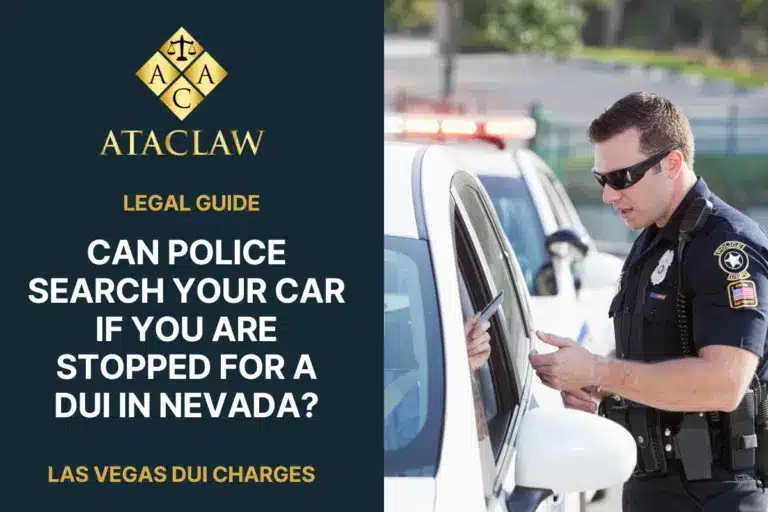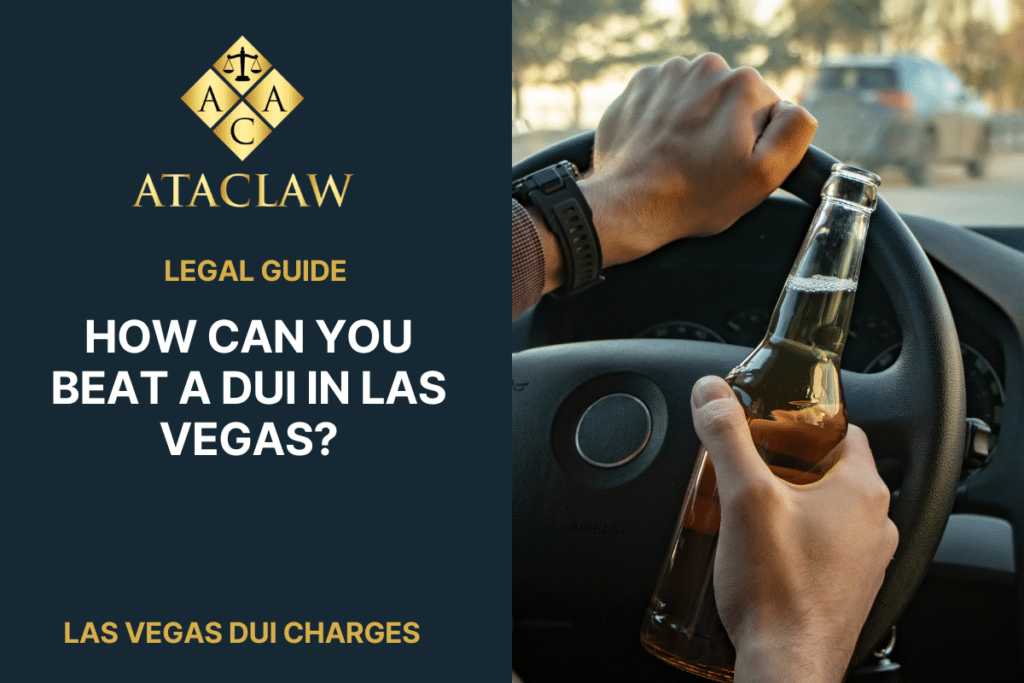Are you aware of your rights when it comes to a DUI stop in Nevada? One important question that often arises in these situations is whether police have the right to search your vehicle. Understanding your rights can make a significant difference in the outcome of your case. In this article, we will explore the topic of police searches during DUI stops in Nevada.
The Fourth Amendment and search and seizure laws
The Fourth Amendment of the United States Constitution protects citizens from unreasonable searches and seizures. This amendment ensures that individuals have the right to privacy and that law enforcement cannot intrude upon that privacy without a valid reason. However, it is important to note that there are exceptions to this rule, including searches conducted during a DUI stop.
Understanding DUI checkpoints
DUI checkpoints are an enforcement tactic used by law enforcement agencies to identify and apprehend drivers who may be under the influence of alcohol or drugs. These checkpoints involve stopping vehicles at predetermined locations and conducting brief investigations to determine if there is reasonable suspicion to believe a driver is impaired. While these checkpoints may seem intrusive, they have been deemed constitutional by the courts as long as certain guidelines are followed.
Rights during a DUI stop in Nevada
During a DUI stop in Nevada, it is important to understand your rights. When pulled over by the police, you have the right to remain silent and not answer any questions that may incriminate you. You also have the right to refuse to perform any field sobriety tests or portable breath tests. However, it is important to note that refusing to take a chemical test, such as a blood or breath test, can result in penalties such as the suspension of your driver’s license.
Consent to search and its implications
One way that police can search your car during a DUI stop is if you give them consent to do so. Consent to search means that you voluntarily allow the police to search your vehicle without them having to obtain a warrant. It is important to understand that you have the right to refuse consent to search. By refusing consent, you are asserting your Fourth Amendment rights and protecting your privacy.
Probable cause and reasonable suspicion in a DUI stop
In Nevada, police can search your car without a warrant if they have probable cause to believe there is evidence of a crime inside the vehicle. Probable cause is a reasonable belief that a crime has been or is being committed. This can include the smell of alcohol or drugs, open containers of alcohol, or other visible signs of impairment. Reasonable suspicion, on the other hand, is a lower standard and can be based on specific facts and circumstances that lead an officer to believe that a person is engaged in criminal activity.
Can police search your car without a warrant?
While police generally need a warrant to search your property, including your car, there are exceptions to this rule. One such exception is during a DUI stop. If an officer has probable cause to believe there is evidence of a crime inside your vehicle, they can conduct a search without a warrant. This means that if you are stopped for a DUI in Nevada and the officer has a reasonable belief that there is evidence of impairment inside your car, they can legally search it.
The “plain view” doctrine and its application in DUI cases
Another exception to the warrant requirement is the “plain view” doctrine. This doctrine allows an officer to seize evidence without a warrant if it is in plain view and the officer has a lawful right to be in the location where the evidence is discovered. In the context of a DUI stop, this means that if an officer sees drug paraphernalia or contraband in plain view while conducting a lawful search or investigation, they can seize it without a warrant.
Your rights if your car is searched unlawfully
If you believe that your car was searched unlawfully during a DUI stop in Nevada, it is important to understand your rights. You have the right to challenge the legality of the search in court. If the court determines that the search was conducted without probable cause or without your consent, any evidence obtained as a result of the search may be deemed inadmissible. This can significantly weaken the prosecution’s case against you.
Legal remedies for unlawful searches
If you believe that your rights were violated during a DUI stop and subsequent search, you may have legal remedies available to you. It is important to consult with a legal professional who specializes in DUI cases to understand your options. They can help you determine if your rights were violated and guide you through the process of filing a complaint or pursuing legal action.
Conclusion: Protecting your rights during a DUI stop in Nevada
Being aware of your rights during a DUI stop in Nevada is crucial for protecting yourself and ensuring a fair legal process. While police have certain powers to conduct searches during these stops, it is important to understand the limitations on those powers. By staying informed and seeking legal guidance when needed, you can better protect your rights and navigate the complexities of the law. Remember, every situation is unique, and consulting with a legal professional can provide you with the guidance and support you need in your specific case.




